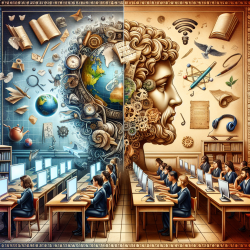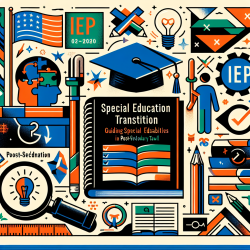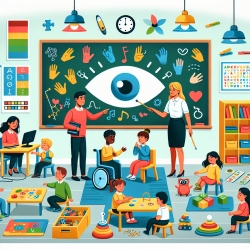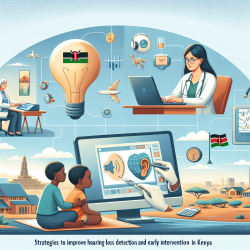Introduction
In the ever-evolving landscape of education, the philosophies of Friedrich Nietzsche and W.E.B. Du Bois offer a unique lens through which we can envision a future where education is both inclusive and transformative. The research article "An Odd Coupling: Nietzsche and W.E.B. Du Bois on 21st Century Philosophy of Education" explores how these two seemingly disparate thinkers can inspire a new educational paradigm. This blog delves into the key insights from the research and how educators can apply these concepts to enhance their practice.
Nietzsche and Du Bois: A Philosophical Bridge
While Nietzsche is often associated with elitist education, Du Bois championed democratized learning. The research suggests that their philosophies can be reconciled through contemporary technology, creating pathways for universal university education. Nietzsche's idea of education for the elite can be transformed into a model for cultivating leaders who can address global challenges. Meanwhile, Du Bois' vision of universal education can be realized through digital platforms, making advanced learning accessible to all.
Implementing Philosophical Insights in Practice
For educators and practitioners, integrating the philosophies of Nietzsche and Du Bois involves several actionable steps:
- Embrace Technology: Use digital tools to expand access to education, ensuring that all students, regardless of background, can benefit from high-quality learning experiences.
- Foster Critical Thinking: Encourage students to question and explore, developing their ability to solve complex problems and think independently.
- Promote Inclusivity: Design curricula that reflect diverse perspectives and experiences, ensuring that all voices are heard and valued in the educational process.
Encouraging Further Research
The article highlights the potential for technology to make Du Bois' dream of universal education a reality. Educators are encouraged to explore how digital platforms can be used to democratize learning and create more equitable educational opportunities. Additionally, further research into how Nietzsche's ideas can be adapted to contemporary educational settings can provide valuable insights into developing future leaders.
Conclusion
By drawing on the philosophies of Nietzsche and Du Bois, educators can inspire a new era of learning that is both inclusive and transformative. As we continue to face global challenges, the need for innovative educational models that empower all students has never been more critical. To read the original research paper, please follow this link: An Odd Coupling: Nietzsche and W.E.B. Du Bois on 21st Century Philosophy of Education.










